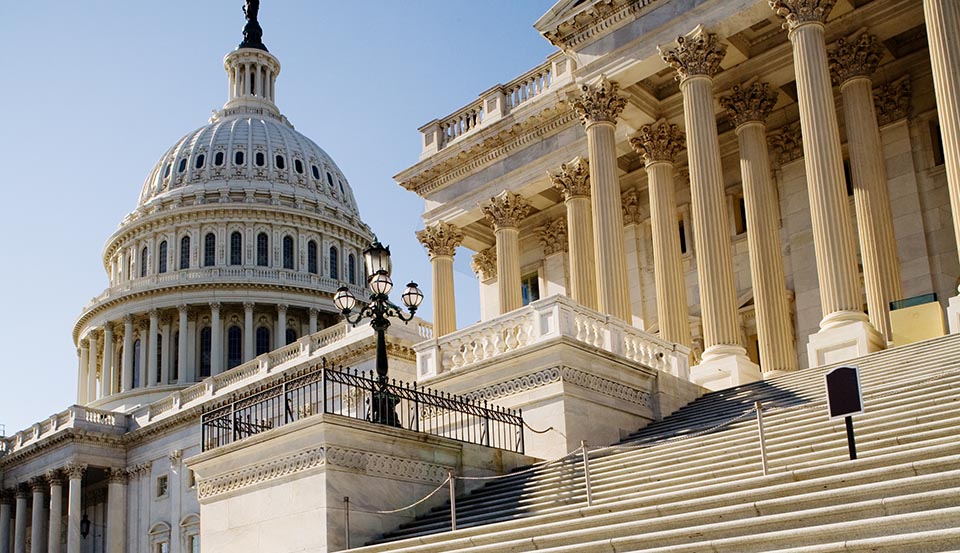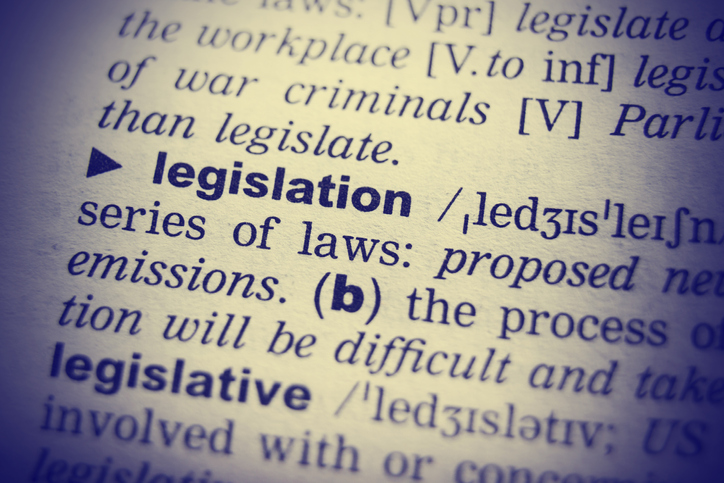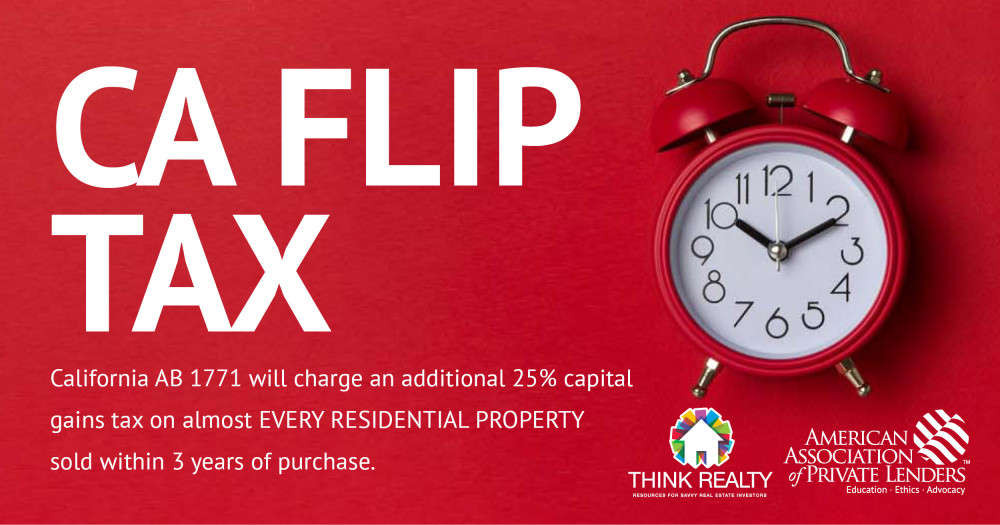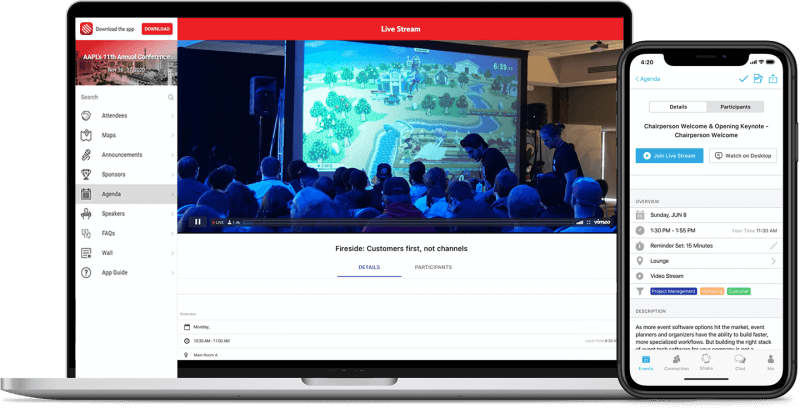NY A1420/S1061 Threatens to Require Licensing for Commercial (Business Purpose) Loans And Other Transactions
UPDATE 3/17/2022 3:40PM CT: We received an alert that this bill has been amended as of March 17, 2022 and recommitted to the Banks Committee after inactivity all of 2021. At this time, the only material change to the bill is that 50% of the funds generated via these new licensing fees will be distributed via grants to minority- and women-owned businesses that fit certain criteria specified within the bill text.
January 25, 2021: New York is proposing a law via Assembly Bill A1420 and corresponding Senate Bill S1061 that will require private lenders and other persons to obtain a license before providing certain loans and other financial products to businesses located in New York.
Loans and Other Transactions Covered
Licensing would be required to make loans of $500,000 or less to businesses located in New York for the purpose of assisting the businesses with their capital needs (“Covered Loans”). This requirement would apply to both secured and unsecured loans.
Licensing would also be required to provide other “Commercial Financing Products” to New York businesses, including lease and accounts receivables transactions of $500,000 or less (“Covered Transactions”).
Lenders and Other Persons Covered
Licensing requirements would apply to:
- All persons making Covered Loans or other Covered Transactions to New York businesses.
- All persons paid to refer Covered Loans or other Covered Transactions to New York businesses.
- All persons marketing Covered Loans or other Covered Transactions on behalf of persons who make Covered Loans or other Covered Transactions.
Exemptions
Licenses would not be required for:
- Persons making 5 or fewer Covered Loans or other Covered Transactions during any 12-month period.
- Banks, credit unions, insurance companies, trust companies and similar companies.
Timing
The Bill has not yet been signed by Governor Cuomo. It would take effect 180 days after the Governor signs it into law. As of the time of this writing, both the Assembly and corresponding Senate bill are with their Bank Committees. They have not yet passed out of committee to be placed on the Floor Calendars of the New York State Congress.
We believe passage of this legislation would:
- Lower the capital deployed into the New York economy as Private Lenders choose to lend their money elsewhere.
- Dramatically increase interest rates for commercial loan borrowers due to Private Lenders’ higher operating costs and fewer Private Lenders competing in the New York market.
- Decimate the inventory of affordable housing as commercial borrowers intentionally avoid smaller balance loan transactions due to the lack of capital available and the higher cost of borrowing.
- Hurt local trade jobs that depend on business income from commercial borrowers.
AAPL’s position on the bill
The association opposes the passing of this bill in its entirety. At a minimum, we would like to see an exemption for commercial loan transactions secured by real property as those loan transactions make up the vast majority of the loans extended by our membership.
How You Can Help
- Sign our petition opposing NY A1420 at aaplonline.com/petitions.
- Sign up for our legislative update emails at aaplonline.com/gov for information on upcoming opposition efforts, including committee hearings, meetings with legislators, and more.
- Contact the following Congresspersons by phone, email, and letter (sample letter here).
New York State Assembly (for Assembly Bill A1420)
- Kimberly Jean-Pierre (D), Assembly District 11, Bill Sponsor
- Victor M Pichardo (D), Assembly District 86, Committee on Banks Chair
These legislators on the Assembly’s Standing Committee on Banks are potential allies:
New York State Senate (for Senate Bill S1061)
These legislators on the Senate Banks Committee are potential allies:
- George M. Borrello (R), Senate District 57
- Daniel G. Stec (R), Senate District 45
- James Tedisco (R), Senate District 49
What else is AAPL doing to fight this legislation?
- We have engaged our sister company, Think Realty, to reach out to their 27,000+ membership and 200,000+ strong REI contacts as this bill will negatively impact NY real estate investors too.
- We are reaching out to other partners and ally organizations whose customer base or membership are affected by this bill.
- We will submit formal objection letters to opposition and ally legislators.
- We are reaching out to opposition and ally legislators to schedule meetings with the goal of creating a dialogue about the unforeseen/unintended impacts this legislation will have on affordable housing and small businesses.
Our legislative strategy has worked time and time again. Since starting our Government Relations Committee, with your ongoing help, we have a 100% success rate when it comes to fighting legislation that hurts private lenders. Help us continue that track record by giving us your support today.












Leave A Comment